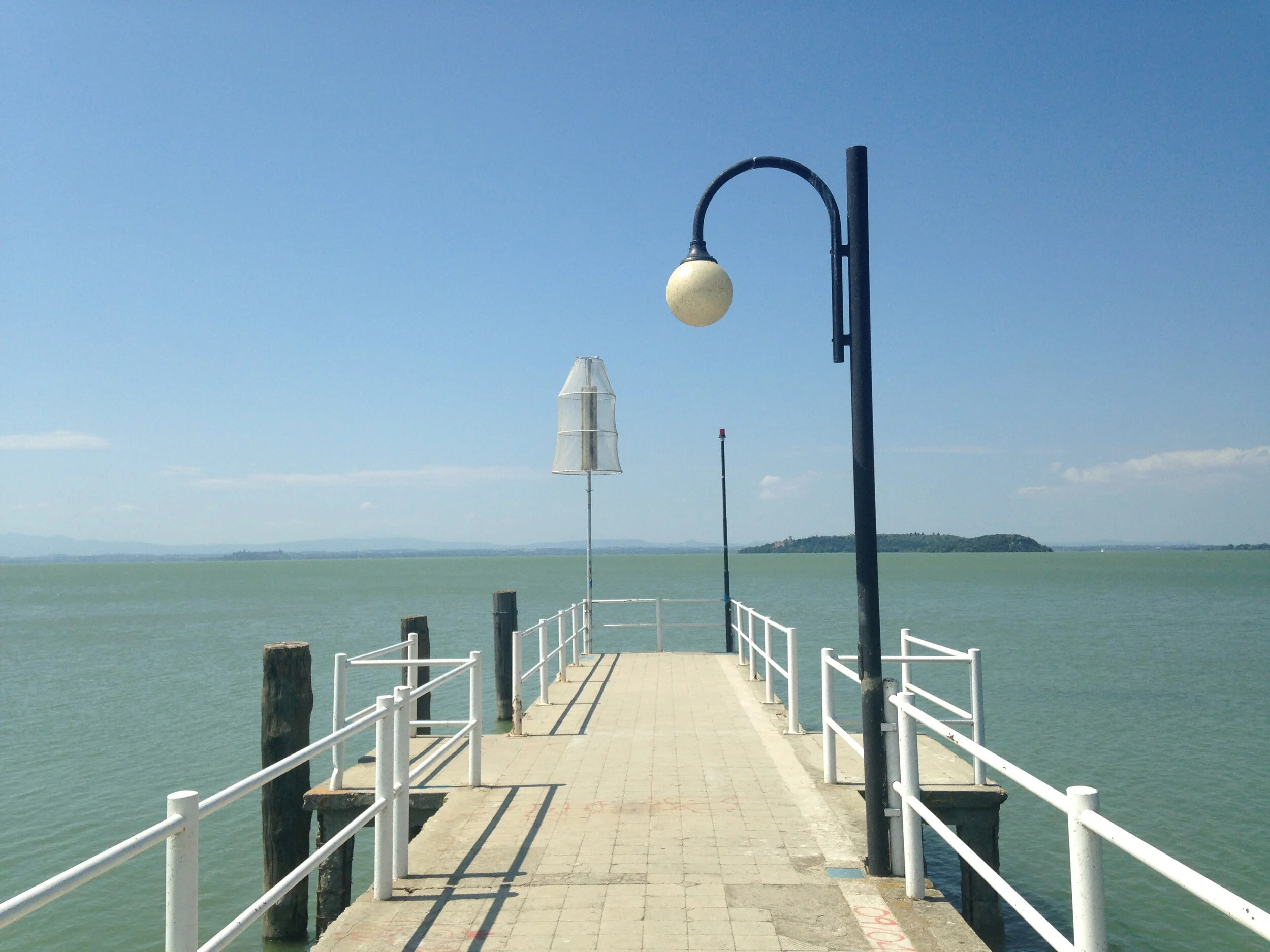Afghanistan is one of the countries that received the highest amount of ODI over the past 20 years, yet poverty has lately been on the rise. Aid is heavily politicized and the fight against corruption has shown limited success. Consequently, the aid sector is affected by a fundamental lack of trust: high ranking officials of the Afghan government have repeatedly expressed their distrust of aid actors
Technology for Tree Huggers
Are you unsure about how technology may be able to help you to achieve your humanitarian sector objectives? Do you want to understand where emerging and existing technologies can assist people that are in need?
Matt Twilley would like to share with you some of his experiences and open up some ideas on how potentially the use of technology in the right way can give you more opportunity to really help those in need.
Ayudar es asunto de todos
El dilema recurrente del COVID-19 y la trampa de la ultra-solución
Acabar con los encierros es, como lo define Paul Watzlawick, “una ultra-solución”: un intento de arreglar un problema deshaciéndose de todo lo que tenga que ver con el mismo. Al caer en esta trampa, los gobiernos están utilizando la ultra-solución, arriesgándose a destruir tanto la economía, como la vida de las personas al final del túnel.
The recurring COVID-19 dilemma and the ultra-solution trap
Géopolitique de l'Homophobie
L’homophobie est entendue comme les discriminations de tous ordres à l’encontre des personnes LGBT (lesbiennes, gays, bisexuelles et transgenres). Si «l’homophobie politique» est déjà connue en tant qu’outil de duplicité en politique intérieure, Michel Maietta explore davantage son pouvoir de manipulation, jusqu’à sa dimension géopolitique. L’auteur nous rappelle à quel point la protection des droits des personnes LGBT revêt une importance stratégique dans la défense plus large des droits de l’homme.
Using foresight to challenge the geopolitics of homophobia
Facetime versus Face-to-face time
The barriers to transforming LGBTI social exclusion towards 2030
A chance to engage in frank dialogue with LGBTI
Shifting the Power: A Few Hard Truths on Localisation
Many have said it before: localisation needs to stop being a talking point and start being a reality. But we have been saying this since the advent of capacity building. So do we really mean it? If so, how can we bring about localised change effectively, and swiftly?
Why localisation is no longer an 'if', but firmly, a 'when'.
L’humanitaire maritime : un incubateur de nouvelles approches
Depuis une décennie, les besoins humanitaires ne cessent d’évoluer, s’intensifiant et se complexifiant. En 2015, selon l’UNHCR, 65.3 millions de personnes étaient déplacées. Parmi celles-ci, 21.3 millions sont des réfugiés au titre de la convention de 1951 et la très grande majorité d’entre eux le sont dans un pays voisin. Seule une minorité de 6% sont accueillis en Europe. Malgré cette faible proportion, la crise migratoire à laquelle est confrontée l’Europe depuis 2014 a contribué à mettre en avant les fragilités du système humanitaire traditionnel.
Using the Future to Humanity’s Advantage
$1 spent in preparedness saves $7 in humanitarian response (1). Humanitarians working in disaster preparedness, early warning, and resilience building have all heard this before. Though it may satisfy public and private donors for reasons of accountability and a no-regrets approach to programming, we need to push past this statistic. What is the true value of pre-empting the future when working in humanitarian response?
How important is the motivation of actors in maintaining humanitarian space?
The growth in the humanitarian sector to include private companies as partners and implementers challenges the notion that organizations working in the humanitarian sector must be driven by the humanitarian imperative alone. The inclusion of commercial firms whose fundamental purpose is to make a profit necessitates an examination of the consequences when the humanitarian imperative is but one of many motivations.
“The Power of Love” and why Capacity Building initiatives may fail: lessons from Kenya
In an effort to gain a deeper understanding of the practical realities that either foster or inhibit participation and the assumptions that underscore “capacity development” approaches, this paper examines a capacity development approach that was co-designed by the Regional Humanitarian Analyst at Save the Children East Africa Regional Office and the Project Director for the IRC-UoN Partnership for Education in Emergencies.



















